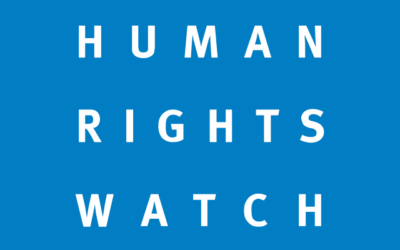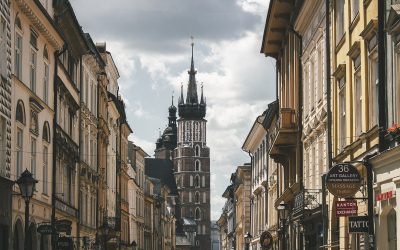Labour rights encompass a large array of human rights, from the right to decent work and freedom of association to equal opportunity and protection against discrimination. Specific rights related to the workplace include health and safety in the workplace and the right to privacy at work, amongst many others. Given the relationship between workers, employers, and the State, worker’s rights are where ‘business’ and ‘human rights’ most often intersect.
Workers’ rights at the international level are laid out in number of human rights conventions and treaties including the Universal Declaration on Human Rights (Articles 23 and 24, 1948) and the International Covenant on Economic, Social and Cultural Rights (1966) which provide for:
- The right of everyone to the opportunity to gain his living by work which he freely chooses or accepts
- The right to the enjoyment of just and favourable conditions of work, in particular remuneration which provides all workers, as a minimum, with fair wages and equal remuneration for work of equal value, and a decent living for themselves and their families
- Safe and healthy working conditions
- Equal opportunity for everyone to be promoted in his employment to an appropriate higher level, subject to no considerations other than those of seniority and competence
- Rest, leisure and reasonable limitation of working hours and periodic holidays with pay, as well as remuneration for public holidays
- The right of everyone to form and join the trade union of his choice and the right to strike, provided that it is exercised in conformity with the laws of the particular country
Global inequalities in power allow the profit maximisation model of businesses to shape a global economy that prioritises profit over people. The dominance of this model facilitates various forms of exploitation including poverty wages, discrimination and violence, crackdowns on trade unions and collective organising, rising precarity of work, and lack of social protections. This labour exploitation and the relationship with lead brands and retailers is often obscured by the complex and opaque network of global supply chains.
Text adapted from the Danish Institute for Human Rights Global NAPs website and the Business & Human Rights Resource Centre labour rights portal.








